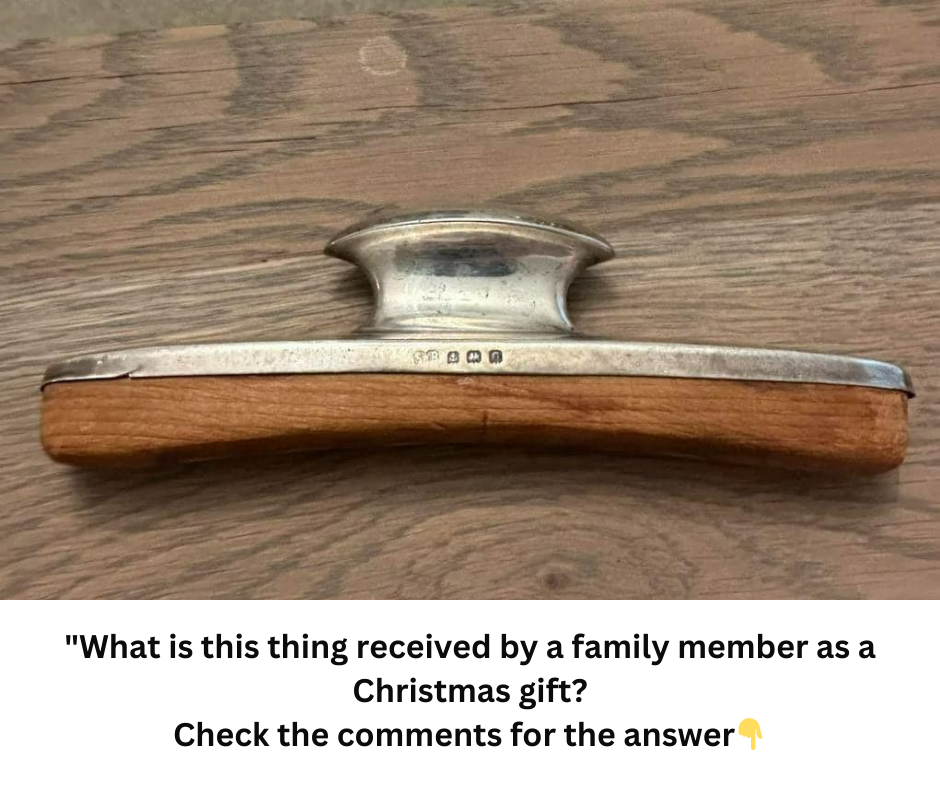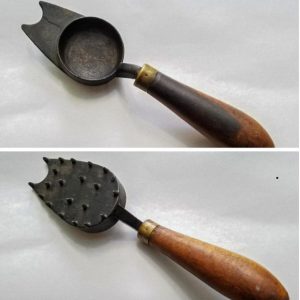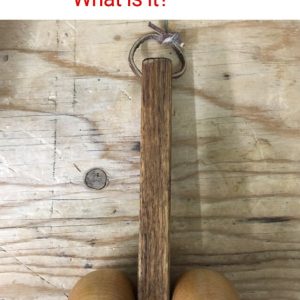Ever stumbled upon a silver object in an antique store and wondered, what exactly was this used for? Maybe it looked like a shiny knife with no edge or a heavy little ornament that didn’t quite belong. Chances are, you were looking at a silver page turner or paperweight—two forgotten treasures from a time when writing was sacred, and reading was an experience.
These weren’t just decorative knickknacks. They served a purpose—gracefully, elegantly, and with intention. And today, they stand as shining symbols of refinement, craftsmanship, and a bygone lifestyle we can still learn from.

What Exactly Is a Silver Page Turner or Paperweight?
At a glance, they might seem ornamental—but they were once prized tools in homes, libraries, and studies across Europe and America. Here’s the breakdown:
- Silver Paperweight: Heavy, elegant, and often engraved with initials or family crests, this tool held loose papers in place on desks long before clipboards and staplers came along.
- Silver Page Turner: A slim, flat, often ornate wand used to flip through pages of books or newspapers—especially those made from fragile parchment or delicate paper.
Both were crafted from solid silver or high-quality silver-plated materials. Many bore elaborate details: repoussé designs, chased patterns, and sometimes gemstones or ivory handles. They weren’t just tools—they were statements.
Video: Automatic Page Turner
The Paperweight: A Symbol of Order and Prestige
Back in the 1800s and early 1900s, desks weren’t as tidy as they are today. Breezes from open windows, candle drafts, and stacks of handwritten documents meant papers needed taming. Enter the silver paperweight.
But this wasn’t just about function. In elite circles, what sat on your desk said a lot about you. A finely crafted silver paperweight was more than just a weight—it was a badge of taste and intellect.
Bankers, barristers, writers, and scholars kept them nearby. The more intricate the design, the more impressive the desk—and the person behind it.
The Page Turner: Delicacy Meets Dignity

Imagine sitting in a velvet-upholstered library, paging through a first-edition volume printed on soft rag paper. The last thing you’d want to do is stain it with oily fingers. That’s where page turners came in.
These tools weren’t just practical—they were a nod to literary etiquette. Gentle readers, especially in aristocratic households, used them to protect delicate pages. But more than that, they offered a touch of theater to the act of reading. Slowly flipping pages with a beautifully crafted wand added flair and focus to the experience.
Some page turners were engraved with poems or Latin quotes. Others were gifted to scholars, dignitaries, and debutantes—a rare blend of utility and sentimentality.
Why These Objects Became Rare Over Time

Technology made them obsolete. Ballpoint pens, file folders, staplers, and smartphones gradually pushed them off the desk and out of the spotlight.
By the 1950s, paperweights became mostly decorative. Page turners, with their once-proud presence, faded into the background as durable paper and mass printing took over. Most were tucked into drawers or sold off during estate cleanouts.
But the thing about silver? It lasts. And with that endurance comes the opportunity to rediscover—and re-appreciate—these pieces in a new light.
Why Collectors Love Silver Page Turners and Paperweights Today
For antique lovers and historians, these aren’t just charming curios—they’re functional artifacts from a slower, more deliberate world.
Here’s what makes them so collectible:
- Material Value: Sterling silver still carries weight in the market—literally and figuratively.
- Craftsmanship: Many of these pieces were handcrafted by silversmiths who treated every swirl and pattern like art.
- Historical Relevance: Some belonged to prominent figures or were part of private collections in aristocratic homes.
- Unique Design: No two are exactly alike. Some are shaped like swords, feathers, or vines. Others mimic animals, leaves, or scrolls.
Whether found in dusty attics or polished behind antique glass, they tell stories of elegance, intellect, and quiet luxury.
Decorating with History: How These Relics Still Add Charm TodayVideo: Automatic Page Turner
You don’t need to live in a castle or collect rare books to appreciate these relics. In fact, silver page turners and paperweights make for stunning conversation pieces in any home or office.
- Place a monogrammed silver paperweight on a wooden desk—it instantly adds a vintage, scholarly vibe.
- Display a slender page turner atop an old book stack for a curated, literary aesthetic.
- Frame one in a shadow box or mount it behind glass—it becomes part of your personal museum.
They aren’t just beautiful. They’re also a celebration of thoughtful living, reminding us that not everything needs to be fast, disposable, or digitized.
They’re Also Incredible Gifts
If you’re looking for something that screams originality, silver paperweights and page turners make fantastic gifts for:
- Book lovers and collectors
- Writers and editors
- Graduates starting their careers
- Lovers of vintage or historical décor
Wrap one in velvet or a mahogany box, and you’ve just handed someone a piece of history with lasting value.
Conclusion: Honoring the Quiet Legacy of Timeless Tools

So next time you spot one of these shimmering objects—whether at an estate sale, antique shop, or online auction—don’t brush it off as just another trinket. That silver paperweight once held contracts in place on a lawyer’s desk. That page turner may have flipped through first editions in a grand library.
These treasures are more than forgotten tools—they’re windows into an era of elegance and intentionality. They represent the kind of beauty that doesn’t beg for attention but earns respect through detail, craftsmanship, and purpose.
Caring for the past doesn’t always require monuments or museums. Sometimes, it’s as simple as turning a page with grace.


